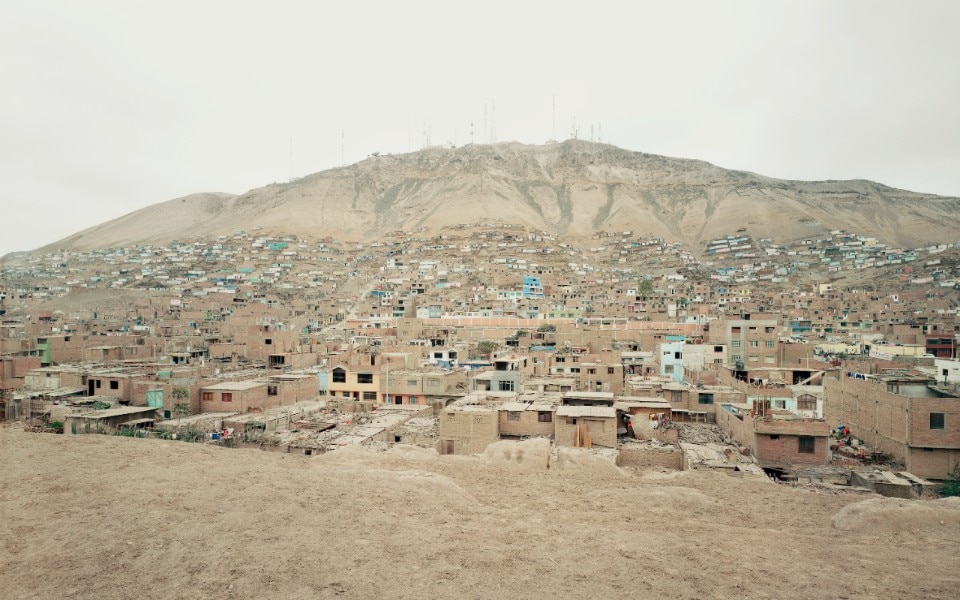This article was originally published on Domus 1046, May 2020.
When we planned the sequence of agendas that introduce each month of Domus this year, our topics were selected to bring focus to the existential problems of climate change and social inequality. Even though these topics have been increasingly well understood, we must accept that, despite the deep complicity of our professions in these issues, we struggle to reorient ourselves in a convincing way.
In this month’s agenda, centred on the issue of shelter, we try to draw attention to the scourge of homelessness and the way that we have normalised a human tragedy under a complex series of excuses. As with so much during these last few months, the pandemic that has been turning our world upside down has both sidelined these problems and brought them into sharper focus.
The drastic but apparently innocent instruction to stay at home, adopted by many countries over the last weeks and months, presumes – as we should – that we all have one to go to. Furthermore, it presumes that this home is a guarantee of security, sanitation and comfort. Yet this presumption flies in the face of statistics. It is estimated that over 20 per cent of the total world population now suffers from a lack of adequate housing. These figures include not only the obvious examples of refugee camps, shanty settlements and slum housing but also homelessness and temporary or transient housing that is now rife in cities throughout the so-called developed world.
In this month’s agenda, centred on the issue of shelter, we try to draw attention to the scourge of homelessness and the way that we have normalised a human tragedy under a complex series of excuses
In California, the most prosperous state in America, more than 100,000 people sleep on the streets. New York and Los Angeles account for nearly a quarter of America’s homeless population. In the UK, it is estimated that over 62,000 families are living in a form of temporary accommodation where many of them have to share kitchens and bathrooms, and will often be required to sleep in a single room. The strain on the system is even forcing some local authorities to turn to “exempt accommodation”.
The discourse about shelter tends to imply that it is something exceptional and temporary, but when people have spent twenty years in a refugee camp awaiting repatriation or are moved to a new hostel every three months, surely we need to reframe the discussion. We have normalised an emergency where the temporary is permanently protracted and the provisional is without end. While “housing” is part of the right to an “adequate standard of living” recognised in Article 25 of the Universal Declaration of Human Rights, we need to see this more explicitly as the right to a home, a space of protection, privacy and dignity, and to ensure that it is universally recognised as a human and civic right.
The current pandemic has reminded us of the critical role of infrastructure, not only health but welfare and security too. All of us, even the most privileged, are in a position of mercy, exposed to the threat of an indiscriminate virus and sharing common anxieties
Those of us who have suffered the relative inconvenience of isolation in comfortable homes should consider those who cannot rely on the provision of even the most basic domestic conditions. If we need a physical example of inequality, then we cannot find anything more explicit. We might choose to consider that many of these situations are well beyond our view, that they are problems that are part of larger political and economic orders, that this is a humanitarian problem not one that we can tackle. Certainly, the geopolitical forces that cause many of these conditions are not easily addressed by us alone. Yet if we in the “developed” world cannot set an example by showing consideration for society as a whole, where the causes and solutions for suffering are close at hand, how can we expect others to begin to tackle the more insurmountable tasks of a global condition?
The current pandemic has reminded us (if we needed reminding) of the critical role of infrastructure, not only health but welfare and security too. All of us, even the most privileged, are in a position of mercy, exposed to the threat of an indiscriminate virus and sharing common anxieties. However, these exceptional weeks of discomfort will pass for most of us. We cannot begin to understand the endless suffering and conditions that so many have endured for much of their lives and will continue to endure after this pandemic subsides. What needs to happen for us to be similarly confronted with the real issues of housing, homelessness and shelter? When is a hidden crisis a visible crisis, and when will we all see this as part of our responsibility?
Opening image: Thomas Struth, Cerro Morro Solar, Lima 2003. Stampa cromogenica, 180 x 282,2 cm


